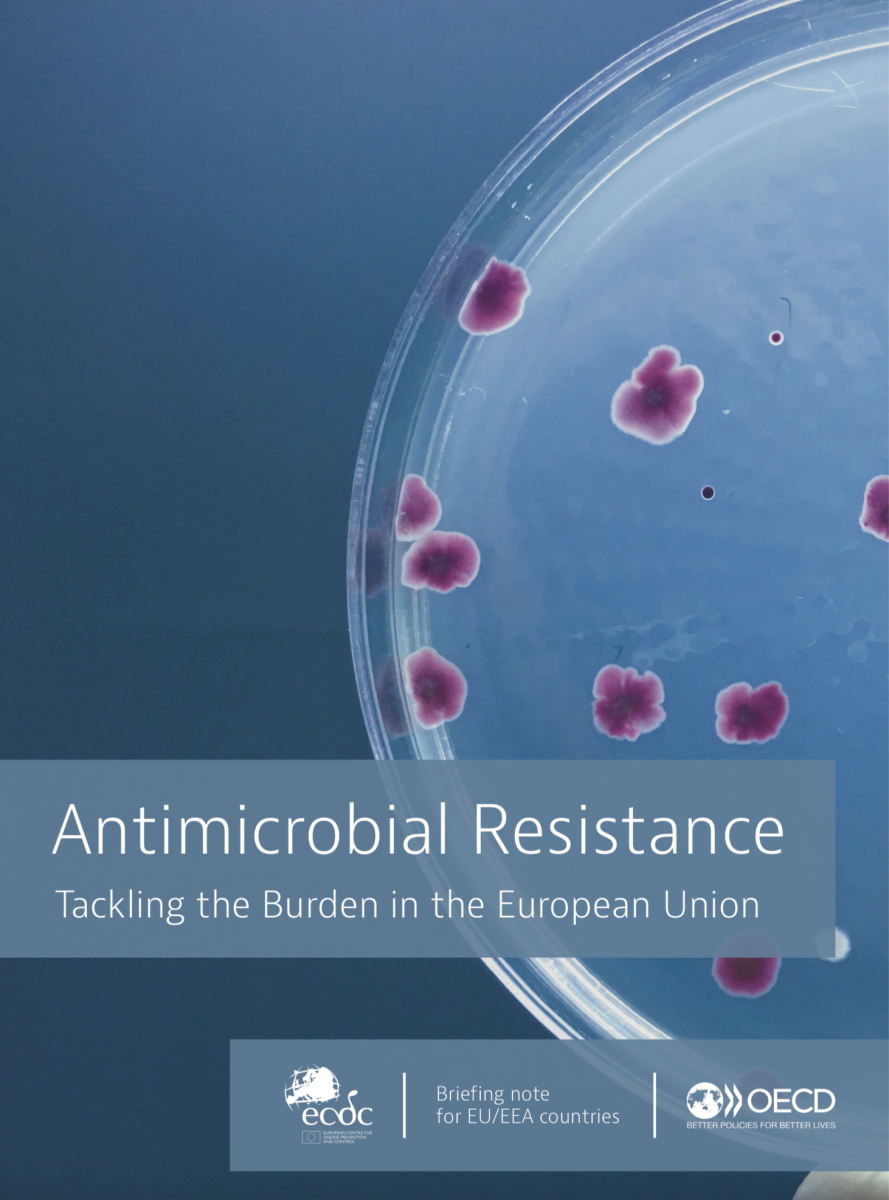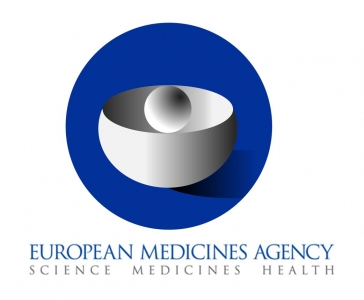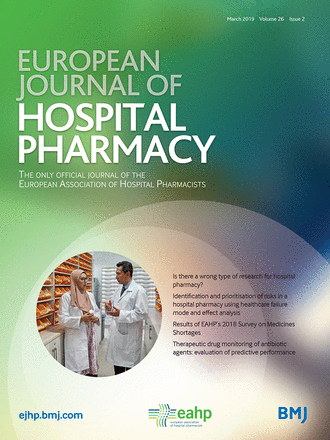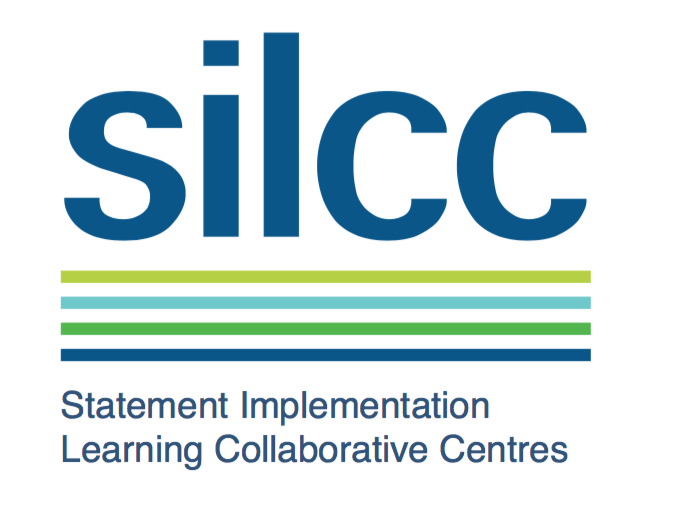03/04 EU Monitor – 2019 Synergy Masterclass on procurement!
The EAHP EU Monitor is a regular round up of news relevant to hospital pharmacy in Europe.
You can subscribe to receive the EAHP EU Monitor by email HERE.
Attend EAHP’s 2019 Synergy Masterclass on procurement

On 4th and 5th October 2019, the European Association of Hospital Pharmacists (EAHP) will be holding its 2019 Synergy Masterclass titled “Procurement, tendering and decision making processes in the hospital setting”, sponsored by an educational grant from Amgen. The event will take place in Brussels, Belgium. It is open to healthcare professionals, representatives from industry and all other interested parties working in the field of procurement and tendering in the hospital environment.
The Synergy Masterclass was created since health budgets throughout Europe are challenged by the high costs of innovative and existing drug treatments. The 2-day event will address both procurement and tendering. Procurement can be performed at national, regional as well as at local hospital level. Pros and cons for the hospital pharmacies exist for performing procurement at these various levels including effects on drug cost reduction, continuity of drug supply, competition etc. Tenders are made when procuring drugs at hospital pharmacies, and various pros and cons exist for doing tenders as well. Tenders based on price only are widely accepted, however, value-based tenders including other aspects of the drugs than the price itself (e.g. patient safety issues, environmental aspects, quality-based factors and innovative characteristics) are becoming increasingly popular.
After completing the intensive Synergy Masterclass programme, participants will be able to recall important EU-legislation with regard to procurement, list elements of value-based procurement and recognise the pros and cons of doing procurement and tenders at national, regional and hospital level, respectively.
Join the event by registering HERE
Learn more about the programme HERE
EAHP Needs Assessment Survey

Every year the European Association of Hospital Pharmacists (EAHP) seeks input from the hospital pharmacy community for its future congresses via the Needs Assessment Survey. Hospital pharmacists are encouraged to share their views. The Needs Assessment Survey is based on the 44 European Statements of Hospital Pharmacy which express commonly agreed objectives that every European health system should aim for in the delivery of hospital pharmacy services.
Access the survey HERE
Learn more about the Statements HERE
AMR: Joint briefing note of ECDC and OECD

To better address the growing problem of antimicrobial resistance (AMR) the European Centre for Disease Prevention and Control (ECDC) and the Organisation for Economic Co-operation and Development (OECD) have produced a briefing note on this topic for European Union and European Economic Area countries. The document provides key estimates on the health and economic impact of AMR as well as effective strategies that could help to diminish the increasing resistance levels.
AMR is a major concern for all EU Member States, but as highlighted in the briefing note, this concern can be addressed at low cost by means of promoting better hygiene in health care services, increasing the utilisation of stewardship programmes that are promoting more prudent use of antibiotics, decreasing the over-prescription of antibiotics and offering rapid testing for patients to determine whether they have bacterial or viral infections. Mass media campaigns should be used to make the general public more aware of the problem. A mixed intervention package, comprised out of these measures, could save about 27 000 lives per year across EU/EEA countries.
Read the briefing note HERE
Updates from the European Medicines Agency
 At the end of March, the European Medicines Agency (EMA) released information on the commencement of a review on screening patients before treatment with fluorouracil, capecitabine, tegafur and flucytosine. In addition, the agency advised on the increased risk of blood clots in lungs and death with higher dose of Xeljanz (tofacitinib) for rheumatoid arthritis and confirmed that omega-3 fatty acid medicines are not effective in preventing further heart problems after a heart attack. In relation to Brexit, the EMA share a question-and-answers (Q&A) document for patients and healthcare professionals outlining how the different European institutions are working together to prevent medicines shortages.
At the end of March, the European Medicines Agency (EMA) released information on the commencement of a review on screening patients before treatment with fluorouracil, capecitabine, tegafur and flucytosine. In addition, the agency advised on the increased risk of blood clots in lungs and death with higher dose of Xeljanz (tofacitinib) for rheumatoid arthritis and confirmed that omega-3 fatty acid medicines are not effective in preventing further heart problems after a heart attack. In relation to Brexit, the EMA share a question-and-answers (Q&A) document for patients and healthcare professionals outlining how the different European institutions are working together to prevent medicines shortages.
Q&A – avoiding medicines shortages due to Brexit
EMA has published a Q&A document for patients, healthcare professionals and the general public on the preparatory work that European Union authorities are doing to prevent medicine shortages due to the United Kingdom’s withdrawal from the EU. It explains that in case of a withdrawal agreement, there will be a transition period during which EU law will continue to apply in the United Kingdom. This means that access to medicines will not be affected.
If the UK leaves without a withdrawal agreement or deal (‘no-deal scenario’), EU law will cease to apply in the UK. In this case, in order to be able to continue to supply medicines in the EU, companies carrying out certain activities in the UK will need to make changes to comply with EU law.
The Q&As explain how EMA, the European Commission and EU/EEA Member States have been working closely together since May 2017 to advise companies on how to apply for the necessary changes in order to minimise the impact on the supply of medicines, if the UK leaves the EU without a withdrawal agreement. The document underlines that Brexit will not impact the safety of medicines, nor the way they are evaluated. EMA and the Member States will continue to monitor the safety and efficacy of medicines without any changes. This document applies to both human and veterinary medicines and will be updated as necessary.
Access the Q&A document here.
Review on screening patients before treatment with fluorouracil, capecitabine, tegafur and flucytosine
EMA has started a review of medicines containing fluorouracil (also known as 5-fluorouracil or 5-FU) and the related medicines capecitabine, tegafur and flucytosine, which are converted to fluorouracil in the body. The review will examine existing screening methods and their value in identifying patients at increased risk of severe side effects.
Fluorouracil (given by injection), capecitabine and tegafur are cancer medicines, whereas topical (applied to the skin) fluorouracil is used for various skin conditions and flucytosine is a medicine used in severe fungal infections.
It is known that some patients lack a working enzyme called dihydropyrimidine dehydrogenase (DPD) which is needed to break down fluorouracil. Prescribers may be unaware that their patients lack working DPD, and if these patients are given fluorouracil or related substances, their bodies cannot break fluorouracil down, resulting in its build-up in the blood. Patients with a complete deficiency of DPD should therefore not be given fluorouracil, or medicines that can form it in the body.
The product information for most of these medicines states that they should not be used in patients with complete DPD deficiency. Genetic testing for DPD deficiency is recommended for most medicines used in the treatment of cancer, but systematic screening for DPD deficiency before starting treatment is not mandatory. In addition, new data on genetic testing and other DPD screening methods were recently published which may impact current recommendations.
EMA will now assess the available data in relation to existing screening methods to detect DPD deficiency and recommend whether any changes are needed to the way these medicines are used in order to ensure their safe use.
Further information is available here.
EMA Communication: Increased risk of blood clots in lungs and death with higher dose of Xeljanz (tofacitinib) for rheumatoid arthritis
EMA is advising healthcare professionals and patients not to exceed the recommended dose of Xeljanz (tofacitinib) when treating rheumatoid arthritis. The advice follows early results from an ongoing study (study A3921133) in patients with rheumatoid arthritis which showed an increased risk of blood clots in the lungs and death when the normal dose of 5 mg twice daily was doubled.
In the EU, 5 mg twice daily is the authorised dose for rheumatoid arthritis and psoriatic arthritis. The higher dose of 10 mg twice daily is approved for the initial treatment of patients with ulcerative colitis.
EMA is assessing the early results and will consider if any regulatory action is needed. In the meantime, patients with rheumatoid arthritis who are receiving Xeljanz at 10 mg twice daily in study A3921133 will have their dose reduced to 5 mg twice daily for the remaining duration of the study.
The aim of the study was to look at the risks of heart and circulatory problems with Xeljanz in patients 50 years of age or older who were already at higher risk of these, and to compare its safety with that of another medicine called a TNF inhibitor.
While full results are awaited, EMA is recommending that healthcare professionals monitor patients for signs and symptoms of blood clots in the lungs. Patients should not stop or change their dose of Xeljanz without talking to their doctor. Patients should seek medical attention immediately if they experience symptoms such as difficulty breathing, pain in the chest or upper back and coughing up blood.
Healthcare professionals are being informed in writing of the preliminary results of the study and the current treatment recommendations. There are other ongoing clinical trials in the EU with Xeljanz at a dose of 10 mg twice daily. Patients taking part in clinical trials with Xeljanz should speak to the doctor giving it to them if they have any questions or concerns.
Further information is available here.
Omega-3 fatty acid medicines
EMA has confirmed that omega-3 fatty acid medicines containing a combination of an ethyl ester of eicosapentaenoic acid (EPA) and docosahexaenoic acid (DHA) at a dose of 1 g per day are not effective in preventing further problems with the heart and blood vessels in patients who have had a heart attack. This is the outcome of a re-examination requested by some of the companies that market the medicines concerned, following EMA’s original recommendation in December 2018.
This means that these medicines should no longer be used in this way. However, they can still be used to reduce levels of certain types of blood fat called triglycerides. EMA concluded that the marketing authorisations of these medicines should be updated to remove this use.
Further information is available here.
EJHP: Safety, time and cost evaluation of automated and semi-automated drug distribution systems in hospitals: a systematic review

The online first edition of the European Journal of Hospital Pharmacy (EJHP) recently published a review that evaluated the safety, time and costs associated with automated and semi-automated drug distribution systems in hospitals. The reviewers concluded that no medication distribution system was better than another in terms of outcomes assessed in the studies included in the systematic review. All drug distribution systems improved medication safety and quality of care, mainly by decreasing medication errors. Centralised and hybrid systems saved more time than decentralised systems. Costs of medication care were reduced in decentralised systems mainly in high-expense units.
Read the review HERE
In April 2019 the following events will be organised by EAHP’s member associations:
- 4th to 6th April – Italian Society of Hospital Pharmacy: Reginal Conference – Spring meeting (Taromina, Italy)
- 4th to 7th April – Croatian Pharmaceutical Society - Hospital Pharmacy Section: 6thCroatian Pharmacy Congress (Dubrovnik, Croatia)
- 5th to 7th April – Hospital Pharmacists Association of Ireland: Annual Education Conference (Dublin, Ireland)
- 13th April – Austrian Association of Hospital Pharmacists: 17thClinical Pharmacy Workshop (Vienna, Austria)
- 13th to 14th April – BaltPharm Forum 2019: Pharmacists as drug experts: their role in the healthcare system (Kaunas, Lithuania)
- 26th+ 27th April – Austrian Association of Hospital Pharmacists: Spring meeting (St. Pölten, Austria)
[EAHP Statement Corner]
ESMO endorses European Statements
The Statement Implementation team is proud to announce that the European Society for Medical Oncology (ESMO) has endorsed the European Statements of Hospital Pharmacy. ESMO is the second doctors association that has expressed its support for the Statements. ESMO is the leading European professional organisation for medical oncology. Comprising over 20,000 oncology professionals from more than 150 countries, ESMO is the society of reference for oncology education and information. The organisation is committed to supporting its members to develop and advance in a fast-evolving professional environment.
------------------------------------------------------------------------------------------------

Consultations
European Commission Consultation: Phthalates in medical devices
The European Commission is consulting on preliminary guidelines on the benefit-risk assessment of the presence of phthalates in certain medical devices covering phthalates, which are carcinogenic, mutagenic, toxic to reproduction (CMR) or have endocrine-disrupting (ED) properties. These guidelines describe how a benefit-risk assessment for the justification of the presence of CMR 1A or 1B and/or ED phthalates (CMR/ED phthalates) in medical devices should be performed by relevant stakeholders. In addition, the document also considers steps for the evaluation of possible alternatives for these phthalates used in medical devices.
Deadline – 29th April 2019
Access consultation HERE
Public consultation on EMA Regulatory Science to 2025
The purpose of this public consultation is to seek views from EMA’s stakeholders, partners and the general public on EMA’s proposed strategy on Regulatory Science to 2025 and whether it meets stakeholders’ needs. By highlighting where stakeholders see the need as greatest, participants have the opportunity to jointly shape a vision for regulatory science that will in turn feed into the wider EU network strategy in the period 2020-25.
Deadline – 30th June 2019
Access consultation HERE
EMA - Guideline on the evaluation of medicinal products indicated for treatment of bacterial infections
The EMA has launched a consultation on the revision of its guideline on the evaluation of human medicines indicated for the treatment of bacterial infections. Antimicrobial resistance is a global public health problem. Regulators in the European Union, the United States and Japan have had extensive discussions over the last few years to explore and agree how to align as much as possible their respective data requirements so that medicine developers can design clinical trials that meet the evidence needs of multiple regulatory agencies. The revised guidance reflects the outcome of these discussions.
Deadline – 31st July 2019
Access consultation HERE
EMA – Public consultation on key principles for the electronic product information of EU medicines
The European Medicines Agency (EMA), together with the European Commission (EC), has launched a public consultation on draft key principles which will form the basis on which the electronic product information (ePI) for human medicines will be developed and used throughout the European Union. The rationale behind the ePI is that digital platforms open additional possibilities to disseminate the PI electronically. This can address some of the current limitations and better meet patients’ and healthcare professionals’ needs for accessible, up-to-date information on medicines. The draft key principles are the result of extensive discussions and consultations carried out by EMA, the Heads of Medicines Agencies (HMA) and the EC throughout 2018, with representatives of all stakeholder groups.
Deadline – 31st July 2019
Access consultation HERE





